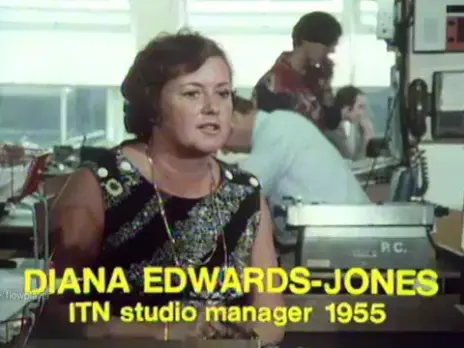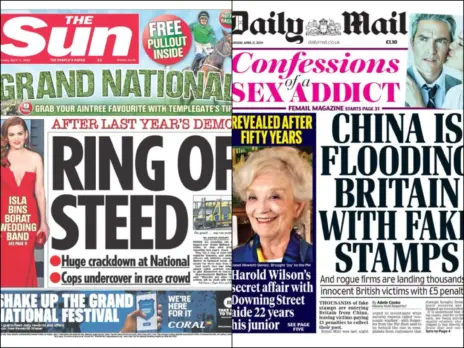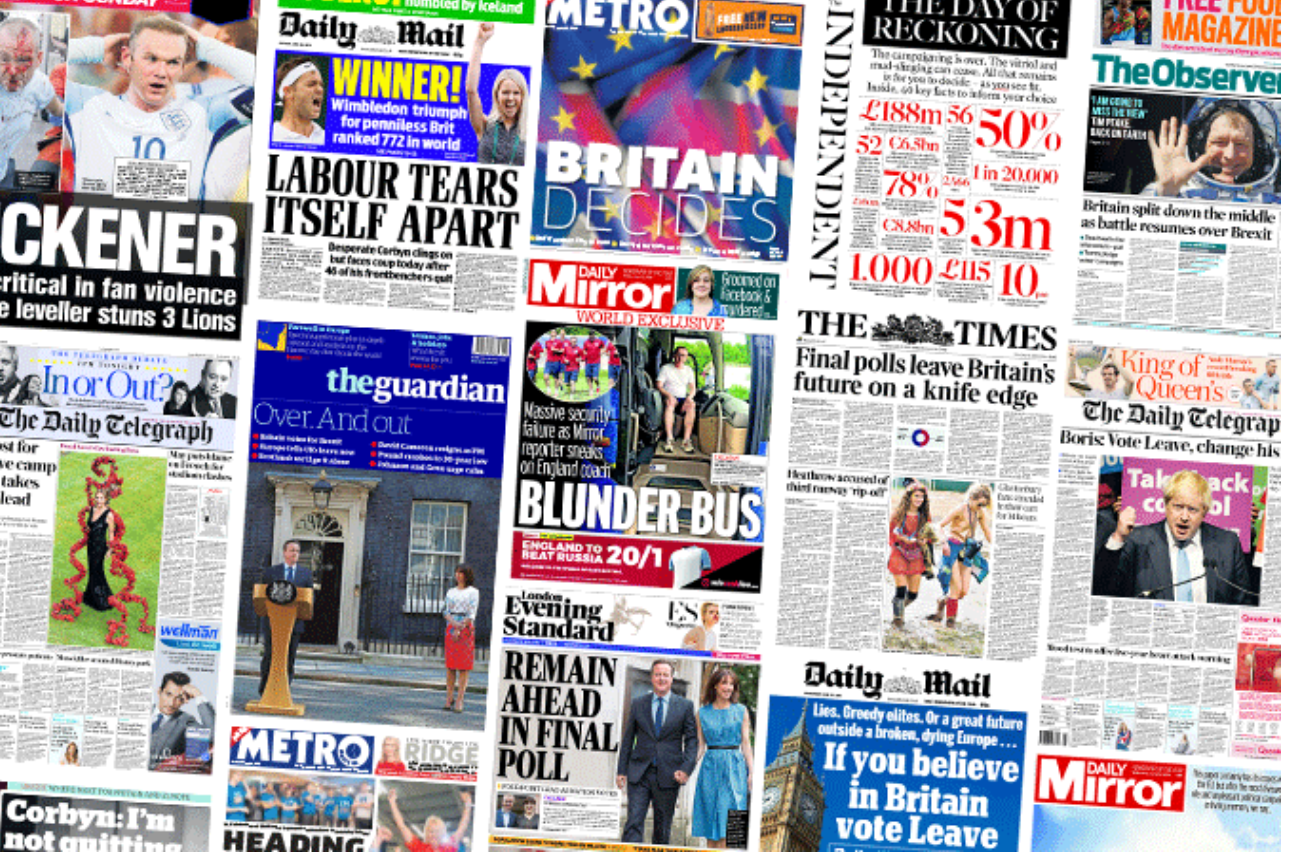
UK readers are at the bottom of the pack for paying for online news, while trust in news providers has remained stable in the past year, according to the Reuters Institute Digital News Report 2018.
The study, launched today, revealed that 7 per cent of people in the UK have paid for online news in the past year – joint with Croatia and above only Greece on 6 per cent.
This compares to 16 per cent in the US and a 22 per cent average in the Nordic countries.
The survey, which is the biggest of its kind, was conducted by Yougov and involved 74,000 people – including 2,117 from the UK – from 37 countries.
It said: “While digital advertising remains a critical source of revenue, most publishers recognise that this wil not be enough, on its own, to support high quality journalism.
“Across the industry we are seeing a renewed push to persuade consumers to pay directly for online news through subscription, membership, donations or per-article payments.
“Our data suggests that these efforts are paying off in some countries, but not yet in others.”
However not all news publishers are chasing readers for money – Huffpost editor-in-chief Polly Curtis said at the launch of the report today that the website’s mission is “free journalism for people who aren’t getting journalism elsewhere”.
She said: “There is quite a lot of ducking and diving to balance quality, reach and focus on being a quality environment for advertising. It’s still advertising for us though.”
The report revealed that more than two-thirds (68 per cent) of all respondents to the survey were either unaware of the problems facing the news industry or thought that most digital news operations were making a profit.
“In reality, most digital news sites are operating at a loss, subsidised by investors, alternative revenue streams, or historic profits from broadcast or print,” the report said.
Those who were aware that digital news brands were making a loss (ten per cent of the overall survey) said they were more likely to pay for a subscription or make a donation.
News UK chief operating officer David Dinsmore told the launch event it was interesting to discover “the lack of media literacy and the lack of understanding of the dire straits the publishing industry was in”.
However the report pointed to the Guardian’s model of asking for donations, which it said has resulted in 600,000 voluntary payments since it started in 2016, raising tens of millions of pounds each year.
Just one per cent of people in the UK currently donate to news organisations, but “the scale of the opportunity could be much bigger,” it said.
“On average a quarter of our online sample (22 per cent) say they might be prepared to donate to a news organisation in the future if they felt it could not cover their costs in other ways.”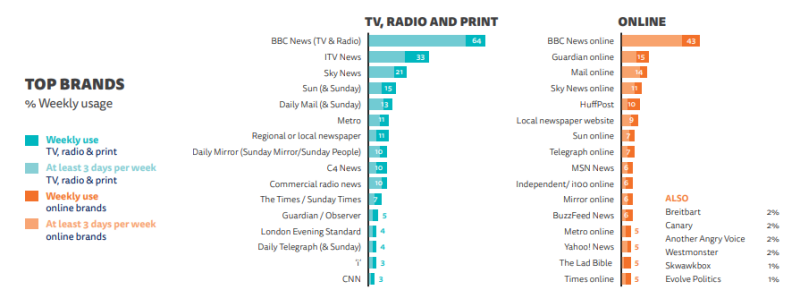
Nic Newman, lead author of the report, said: “We think these models will grow and become more important over the next few years.”
Curtis also praised the potential of publishers asking for money, although Huffpost does not plan to do the same.
“In the last couple of years what we have seen is people going back to their core purpose,” she said, saying many publishers had previously been “chasing scale”.
“The fantastically successful Times subscriptions, the Guardian’s really clever membership scheme, the Financial Times, these are all true to their original purposes and I think that’s really uplifting.”
And Dinsmore said: “From the beginning [of the internet] the thinking was build the audience and the money will follow. Well we are sitting here now in 2018 and the money hasn’t followed.
“The audience is built but the money hasn’t kept up with it. We are at a point of reset now where we need to find new models.”
Trust in news in the UK has remained stable from last year – 42 per cent (down from 43 per cent in 2017) said they trust news overall, 54 per cent trust the news they use, 23 per cent trust the news they see in search, and 12 per cent trust the news they see in their social feeds.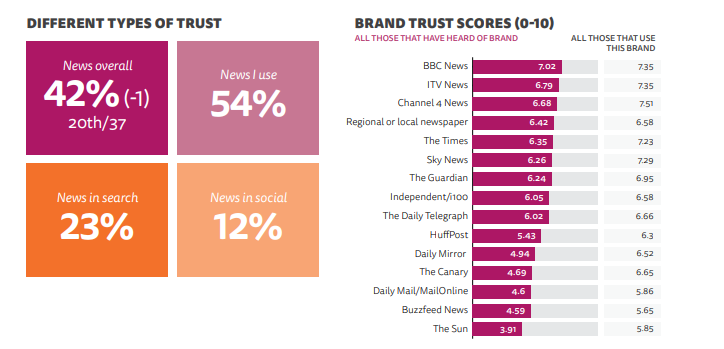
BBC News remains the most trusted news brand in the UK, followed by ITV News, Channel 4 News and regional and local newspapers.
However Channel 4 News was the most trusted overall among those who actually use the brand.
The Sun came at the bottom of the rankings, just below Buzzfeed News and the Daily Mail/Mail Online.
The use of online news has remained steady with 74 per cent of respondents saying they get their news on the internet, including social media.
TV news has dipped from 79 per cent to 66 per cent in the past five years, while print has fallen from 59 per cent to 36 per cent.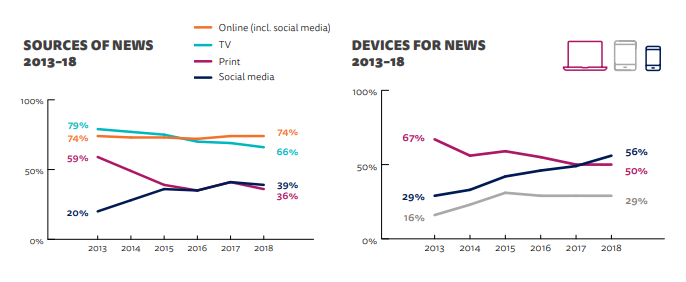
Social media alone has risen from 20 per cent to 39 per cent in the UK since 2013.
However Facebook has slightly dropped as a news source this year, by 2 per cent in the UK, possibly in part because of an algorithm change designed to prioritise “meaningful interactions” over branded content.
Nick Wrenn, head of news partnerships EMEA at Facebook, said personal content had been “drowned out by the large amount of public content” in the news feed.
“We wanted to prioritise quality news because we wanted people’s time on Facebook to be time well spent,” he added.
Twitter has grown by 2 per cent for news in the UK, while Snapchat grew by 1 per cent and Whatsapp remained steady.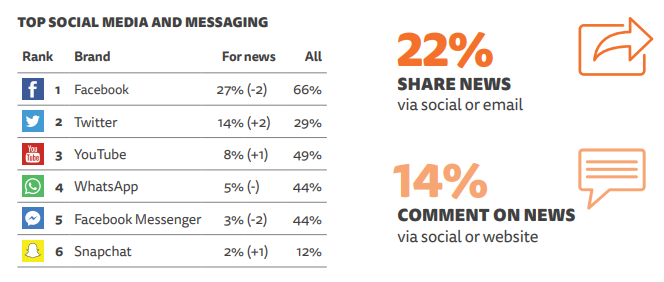
Newman said: “We are seeing really significant changes in how people use social media for news – particularly Facebook becoming less significant in the mix.”
He added: “We don’t see Facebook declining overall. It’s a specific thing for news.”
Since the drop in Facebook traffic, Curtis said Apple is now more important to Huffpost than Facebook.
The Apple News feed assists Huffpost’s mission of “reaching people who might not be getting news in any other way,” she added, referring to people who are not paying for the likes of the Times or the Guardian.
However Dinsmore said: “I still don’t know what the future of Apple News is because no one’s making a penny from it apart from, of course, Apple.”
He raised similar issues with Facebook, saying he wanted a “fair value exchange” for publishers.
“We are the people who are on the street digging that news up,” he said.
Picture: Newsworks
Email pged@pressgazette.co.uk to point out mistakes, provide story tips or send in a letter for publication on our "Letters Page" blog


